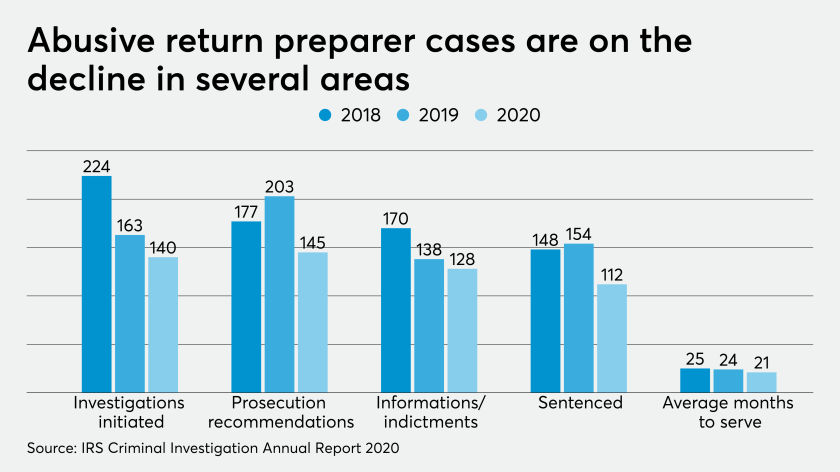Even for companies that support remote work, having an entire staff working from home on short notice opens new complications for B2B payments and accounts receivable.
Large organizations such as JPMorgan Chase and technology firms in Silicon Valley have moved large numbers of people to remote work in an attempt to slow the spread of coronavirus. That’s already causing glitches, even for tech-savvy firms in Silicon Valley. For smaller businesses, payment processing issues add to a considerable list of challenges.
“Once you start doing remote work, you start with communications. But there are other needs,” said Mich Remley, CEO of MineralTree, a Cambridge, Mass.-based middle market payment processor. “One challenge is most accounts payable departments are not set up for remote work, so they’re not ready to switch to a work-from-home policy, especially in an emergency,”
MineralTree’s part of an industry that’s trying to move accounts payable away from paper-based processing and checks, but that’s still mostly in an office environment. The people who approve payments and manage supply chains and treasury management for most companies are still centrally located, according to Remley. And even when payments are digital, other parts of the procurement process remain manual.
Remley's company’s research shows that less than 10% of middle market companies have automated their accounts payable.
“Bills come in, it needs a signature for approval, it has to be posted to the [enterprise resource planning system] and the checks are signed,” Remley said. “These things can be easily automated but most companies have not done that.”
National statistics on how many people are working remotely because of the coronavirus are still developing. In New York, it’s possible as many as three quarters of the population may be working from home.
The single-family house on Forestview Avenue in Euclid, Ohio, a suburb of Cleveland, shows no signs of farming activity. The only things growing on the one-eighth-acre plot are trees, shrubs and grass.
The institute released the pair of reports as companies increasingly rely on their CFOs and accounting departments to help them survive beyond the coronavirus pandemic.
The Internal Revenue Service’s Criminal Investigation unit has been initiating fewer investigations of abusive tax return preparers this past year, while also recommending fewer prosecutions, and seeing fewer indictments and prison sentences this year.
“A lot of businesses have faced challenges and will only be worse off with so many staff working remotely,” said Christine Barry, Aite, a research director at Aite Group. “Unfortunately, for many small to medium businesses and middle markets, receivables such as collecting funds are paper-based.”
There’s an underlying trend toward remote work, driven by technology and the expense of large metropolitan areas. The number of Americans working remotely has tripled in the past 15 years, according to The Atlantic. The virus has pushed that number into the stratosphere.
“AP clerks aren’t in their office now,” said John Morris, CEO of Repay, an Atlanta-based fintech that processes transactions for auto lenders, merchants and health care clients through text, email, web, mobile or interactive voice response.
The company also provides an automated connection between B2B payments and ERP systems. There’s been some move toward digital payments, particularly for auto lenders that receive payments in person. Morris hopes the current crisis will spur more companies and policy makers to consider shedding paper from accounts payable, particularly for recurring payments and for health care transactions.
“After September 11 we got Check 21," the law that enabled check imaging, "which made it less necessary to move checks in planes,” Morris said. “I’m hoping we get the same kind of advancement this time.”
Like most disasters, the coronavirus will cause companies to rethink business practices, which would create opportunity for payments automation. The project to automate payments and other activities for an accounts payable office takes about three weeks, Remley said, adding APIs and cloud-hosted systems can be applied to most accounting systems and incorporated into contingencies and business continuity plans.
Since most of these companies are adjusting to day-to-day management of the crisis, more involved technology projects may be put off.
“Right now most organizations are still thinking about the impacts of the virus, but people are thinking about a couple of other things,” Remley said. “One challenge is working capital. How can businesses and people access working capital, especially where cash is difficult to access. We’re seeing a lot of companies using credit cards to do that now. Another issue that comes up with quick relocations is B2B fraud. There’s a lot of email scams.”
As the crisis ebbs, the battle between banks and fintechs to capture business payments volume will resume. Fintechs have helped merchants and other customers make quick adjustments to manage the crisis, and have been luring small businesses from banks for years.
“Fintechs are already stepping in here,” Barry said. “They are able to fill in gaps in payroll and expense management. Small businesses have a high level of urgency. Anyone on the fence about automation will realize the need.”





